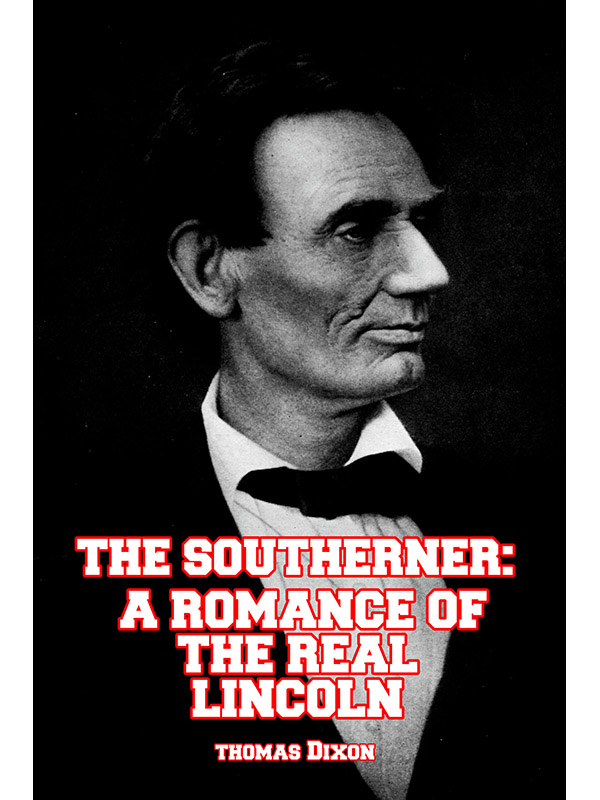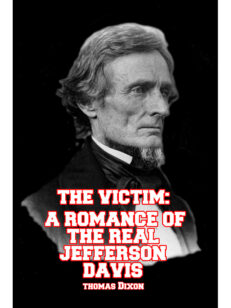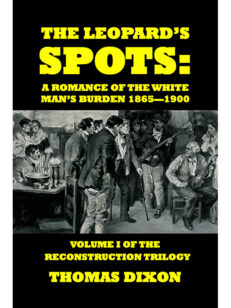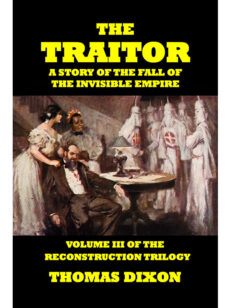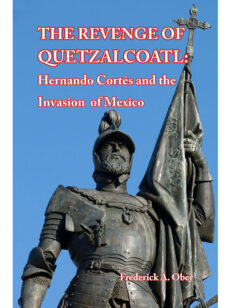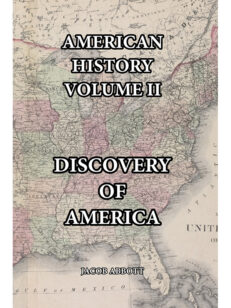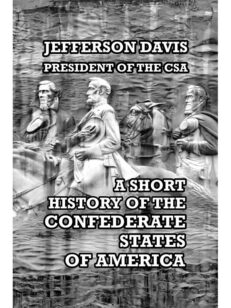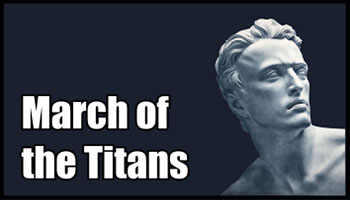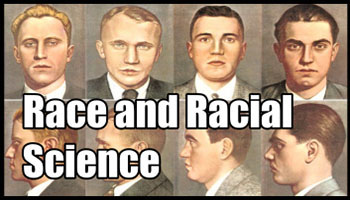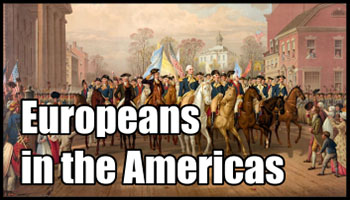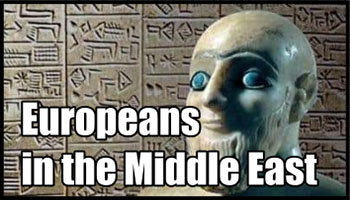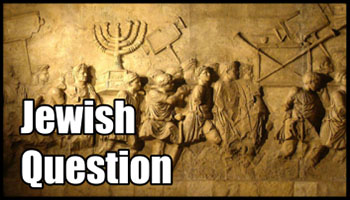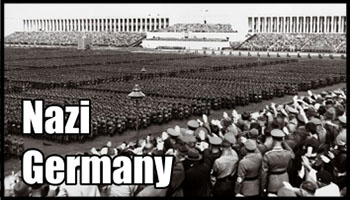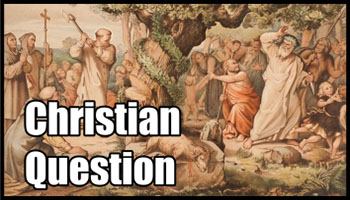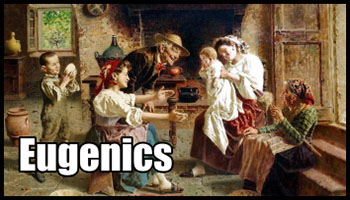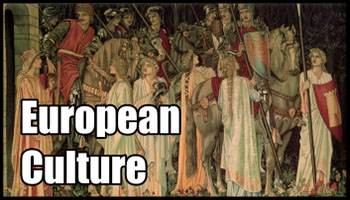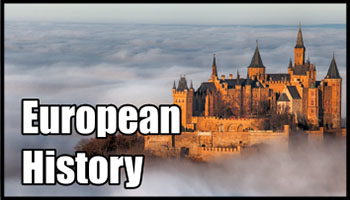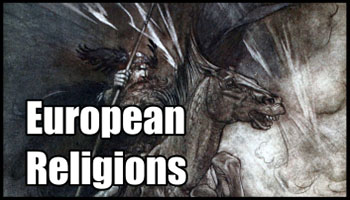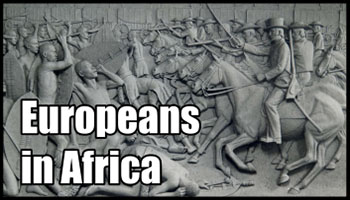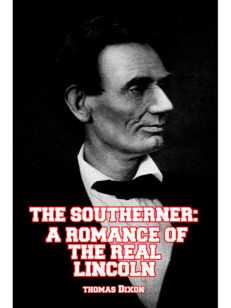Description
By Thomas Dixon. Abraham Lincoln’s greatest desire was to free blacks from slavery—and send them all back to Africa. Only an assassin’s bullet halted him from implementing these plans, as revealed in this engrossing work of “faction” from Thomas Dixon, the famed author the Reconstruction Trilogy (The Clansman, et al).
Set against a backdrop of the major events of the American Civil War, this narrative cuts through the lies and distortions spouted by Hollywood and reveals the true details of Lincoln’s policies while in office.
“His first great work accomplished in destroying slavery and restoring the Union, there remained but two tasks on which his soul was set—to heal the bitterness of the war and remove the negro race from physical contact with the white. He at once addressed himself to this work with enthusiasm. That he could do it he never doubted for a moment.
“He summoned Bradley, the Vermont contractor, and put him to work on estimates for moving the negroes by ship to Africa or by train to an undeveloped Western Territory.
“His prophetic soul had pierced the future and seen with remorseless logic that two such races as the Negro and Caucasian could not live side by side in a free democracy.
“The Radical theorists of Congress were demanding that these black men, emerging from four thousand years of slavery and savagery should receive the ballot and the right to claim the white man’s daughter in marriage. They could only pass these measures over the dead body of Abraham Lincoln.
“The assassin came at last—a vain, foolish dreamer who had long breathed the poisoned air of hatred. It needed but the flash of this madman’s pistol on the night of the 14th of April to reveal the grandeur of Lincoln’s character, the marvel of his patience and his wisdom.
“Every word in relating to the issues of our national life has been drawn from authentic records in my possession. Nor have I at any point taken a liberty with an essential detail in historical scenes.”
About the author: Thomas F. Dixon, Jr. (1864–1946) was a Southern Baptist minister, playwright, lecturer, North Carolina state legislator, lawyer, and author, best known for his book The Clansman — which was to become the inspiration for D. W. Griffith’s film, The Birth of a Nation (1915). He studied at Shelby Academy, where he earned a diploma, and at Wake Forest where he studied history and political science, earning his master’s degree in 1883. The next year he was awarded a scholarship to attend the Johns Hopkins University political science program. After graduation, he ran for the local seat in the North Carolina General Assembly. Despite being only twenty years of age and not even old enough to vote for himself, he won the election by a two-to-one margin. He retired from politics in 1886 after only one term in the legislature, saying that he was disgusted by the corruption and the back-door deals of the lawmakers. He then practiced law for a short while, leaving that profession to become a Baptist minister. In 1895, Dixon resigned from the Baptist ministry, and started preaching at a nondenominational church, leaving the ministry completely in 1899 when he began to lecture full-time.
430 pages. Paperback.

